Globalisation- a way to adopt a global outlook by means of liberalisation, universalisation, internationalisation, westernization, deterritorialisation, and economic integration, is a peculiar characteristic of the modern world.
To have free movement of all factors of production across the national boundaries, removal of all trade-related tariff and artificial hindrances to optimum extent result into many economic and non-economic advantages viz. employment opportunities with high returns to the qualified personnel, upgrading standard of living, adoption of advanced, sophisticated and modern technology, sharing of ideas and intellectual property rights, etc. Globalisation has helped to increase the world GDP from around 50 trillion USD in 2000 to 75 trillion USD in 2016. But the question of equal distribution of wealth still remains unsolved.
The definition of Globalisation by IMF lays emphasis on economic interdependence, increasing volume, and a variety of cross border transactions, international capital flow, and diffusion of technology. In true sense somewhere the world shortfalls to understand the globalisation from humanitarian, ethical, and most importantly environmental perspective.
Liu Zhenmin, The United Nations Department of Economic and Social Affairs (UN DESA)’s under-secretary-general enumerated three mega-trends related to globalisation:
1. Shifts in production and labour market
2. Rapid advances in technology
3. Climate Change.
Out of these three trends, the third one is worth to be intrinsically pondered over. Unfortunately, the Climatic change represents degradation and exploitation of Nature.
Environmental effects:
Mahatma Gandhi has remarked, ‘The earth has enough resources to meet the needs of all but not enough to satisfy the greed of even one person’. When oneself indulges into amassing wealth, it takes production according to his own whims and not as per social need; when production by masses turns into mass production; the first victim in the fire of such human ambition is the ‘Nature’.
When the economy is self-sufficient and produces according to the needs is a booster of sustainable development. However at the present juncture when we have adopted a world economy characterised by rapid industrialisation, profit and wealth maximization, the situation is worsening environmental issues and accentuating Global warming.
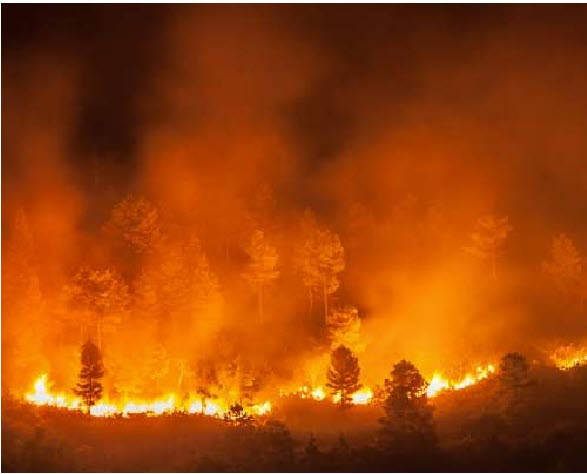 Currently, the world witness Amazon rainforest fire that threatened 265 endangered species including human beings since Amazon is the producer of 6% of earth’s oxygen. Many experts viz. CNN meteorologist Haley Brink attributed this fire to human-induced causes like conversion of forest-based land into cultivated land in order to have maximum export-oriented agriculture.
Currently, the world witness Amazon rainforest fire that threatened 265 endangered species including human beings since Amazon is the producer of 6% of earth’s oxygen. Many experts viz. CNN meteorologist Haley Brink attributed this fire to human-induced causes like conversion of forest-based land into cultivated land in order to have maximum export-oriented agriculture.
In this way, Globalisation as a major cause of deforestation resulted in maximum CO2 emission and represent 20% of the increased concentration of the atmosphere. According to the sources, between 1990 and 2005, the world lost 3% of its forests.
Moreover, every day comes with deforestation of 200km2 of forest land. When trees are logged or burned, the release of their stored carbon cannot be absorbed in equal proportion due to a large amount of deforestation and logging.
One more catastrophic impact of Globalisation on the environment is due to the multiplication of the transportation system. The need to transport goods from the place of production to its distribution has accelerated environmental degradation to an alarming level.
In order to have speedy transport of goods Aviation industry is thriving at such a drastic rate that GHG emission from this has increased by 86% from 1990 to 2004 and today the total share of aviation in the emission of GHG is 4-9%. While the waterway transport consumes 2-4% of fossil fuel and there is an annual increase in shipping by 3%.
According to the report of IPCC, Climate Change 2007, CO2 and GHG emissions have grown by 60% in 35 years since 1970 and the main culprits are Deforestation and Burning of fossil fuels.
The packaging is one of the important auxiliaries to global trade. To maintain quality and quantity, to attract potential customers, to maintain a standard of a brand name demand a lightweight, cheap and durable packaging and plastic is its solution. But the impacts of plastic are pernicious and pollutant at the time of its disposal.
According to the report of FICCI on plastic consumption in various sectors, for the year 2012-13, the major consumer of plastic is the packaging sector which is 43% at the global level and 35% in India. The same report claims that per capita consumption of plastic in India is 11kg (where only 60% of plastic is recycled) and in US 109kg, Europe 65kg, China 38kg, etc. This report makes it clear that the usage of plastic increases with the level of economic development of a country marked by globalisation.
While discussing the indirect impact of globalisation we need to consider the aforesaid consequences including extraction of natural resources and their direct invasion of nature. Deforestation, emission of polluted gas and black carbon in air and water and 19 billion pounds of plastic that have been disposed in the ocean at an increasing rate which will be doubled in 2025 has endangered large number of species of flora and fauna. The excessive fishing for the purpose of export resulted in the extinction of some fish species like Mediterranean Bluefin tuna.
According to the International Union for Conservation of Nature 22% of the world’s mammals, 24% of the world’s snake species, 31% of the world’s amphibians, and 35% of the world’s birds are threatened with extinction. In this regard, the prediction of World Wildlife Fund for Nature is most significant that states, ‘By 2030, if nothing changes, humanity will exhaust annually twice the resources produced by the planet every year.’
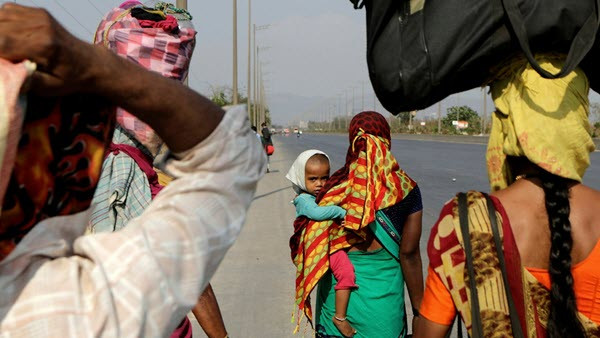 Lastly, the negative impact from a shift of traditional labor-intensive technology to modern capital intensive technology, from farm-saved seeds to industry produced seeds under the sophisticated policy of TRIPs catalyses unemployment in the rural area that forces migration from rural to the urban area in a search of employment.
Lastly, the negative impact from a shift of traditional labor-intensive technology to modern capital intensive technology, from farm-saved seeds to industry produced seeds under the sophisticated policy of TRIPs catalyses unemployment in the rural area that forces migration from rural to the urban area in a search of employment.
This migration intermingled with severe ecological and socio-economic problems in an urban area like population explosion, increasing slums, poverty, illiteracy, unhygienic surrounding, traffic jam, flooding, and many more.
This unwholesome condition may influence infectious disease, epidemics. Furthermore, unprecedented changes over the last 50 years in climate, atmosphere leads to waterborne and foodborne bacterial infection, tuberculosis, vector-borne diseases.
Think globally, Act locally:
As environment jeopardies know no national boundaries, it is the responsibility of all countries to assail this human-made disaster. In fact, many countries have come together to save the environment. Some notable agreements include the United Nations Framework Convention on Climate Change (UNFCCC) agreement in 1992 that has been ratified by 195 countries. It includes two dominant amendments, namely, the Kyoto Protocol and the Paris Agreement.
Kyoto Protocol is an extension to UNFCCC that was adopted in Kyoto, Japan on 11th December 1997. This agreement includes curbing the emission of six GHGs namely, Carbon dioxide(CO2), Methane( CH4), Nitrous Oxide(N2O), Sulphur hexafluoride( SF4), Hydrofluorocarbons (HFCs), Perfluorocarbons(PFCs). As per the ratification of member countries, to reduce GHG emission by 5% from their first commitment period 2008 to 2012 was the incredible step.
A second commitment period for the period 2013 to 2020 resulted in the Doha Amendment. Whereby, Nitrogen trifluoride (NF3) was added to the list of GHGs. In this agreement, new targets are set to work jointly or individually against GHG emissions.
The Paris Agreement was adopted on 12th Dec. 2015, highlights collective goal to hold warming well below 20C, to achieve net-zero emissions in the second half of the century, mitigation measures to be expressed in Nationally Determined Contributions (NDC) and its revision at every 5 years, provision of sustainable development projects and many more.
The world at a slow pace acknowledging the need for environmental protection. A new group is formed of some developing countries led by Papua New Guinea and Costa Rica for rainforest conservation (including India). Many business people have come forward keeping their self-interest aside in the well- being of the whole world, namely, Johnny Clegg (South African rock star) has started a computer recycling business with aims to set up an ultra-modern, production house to recycle maximum e-waste and to create 17,000 employment opportunities. These activities are optimistic signs of Globalisation.
Actually, the concept of Globalisation is driven away against its main direction. Recent trends like Pollution Haven Hypothesis(PHH)- to establish dirty industries, major carbon-emitting units in some poor or developing countries, seems more perverting and at the same time more pathetic like a Persian phrase, ‘logging the branch sitting at the other end’.
 To understand the connotation of Globalisation the world needs to contemplate eastern thoughts. The poem of Ravindranath Tagore expresses significant expectations of Globalised world; ‘where the mind is without fear and the head held high. Where knowledge is free and the world has not been broken into fragments by domestic walls’.
To understand the connotation of Globalisation the world needs to contemplate eastern thoughts. The poem of Ravindranath Tagore expresses significant expectations of Globalised world; ‘where the mind is without fear and the head held high. Where knowledge is free and the world has not been broken into fragments by domestic walls’.
The Globalised world must be awaked with the thought of fraternity, world peace, and sustainable living of all creatures. Only after that, the world will see the pure vision of the Global Village. The stanza of Maha Upanishad is most appropriate in this regard,
अयं बन्धुरयंनेति गणना लघुचेतसाम्
उदारचरितानां तु वसुधैव कुटुम्बकम् ॥
The distinction “This person is mine, and this one is not” is made only by the narrow-minded. For those of noble conduct, the whole world is one family (one Unit).
- Maxwel Lopes, Vasai.
maxwellopes12@gmail.com
(Author is a lecturer at Narsee Monjee College, Mumbai and a young Gandhian at heart.)

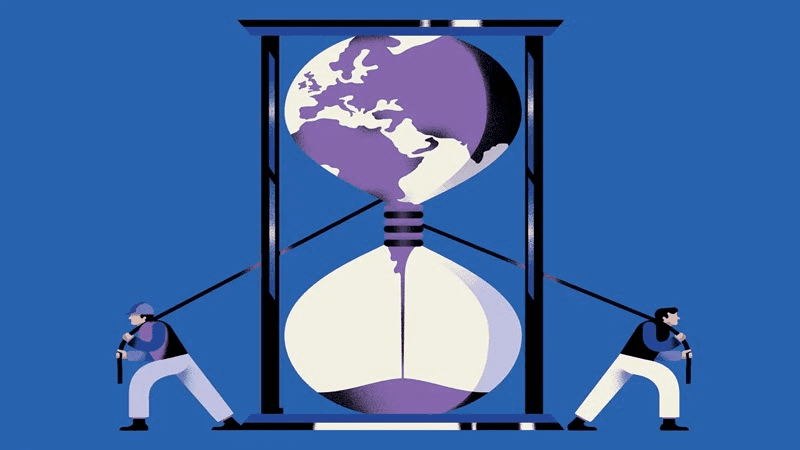

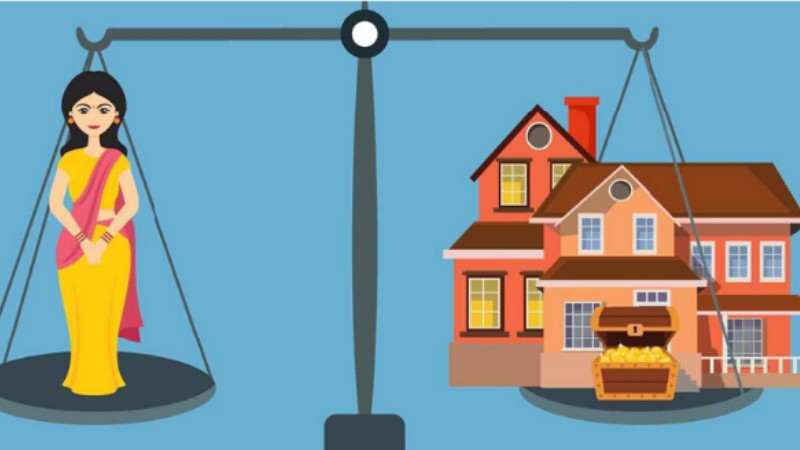

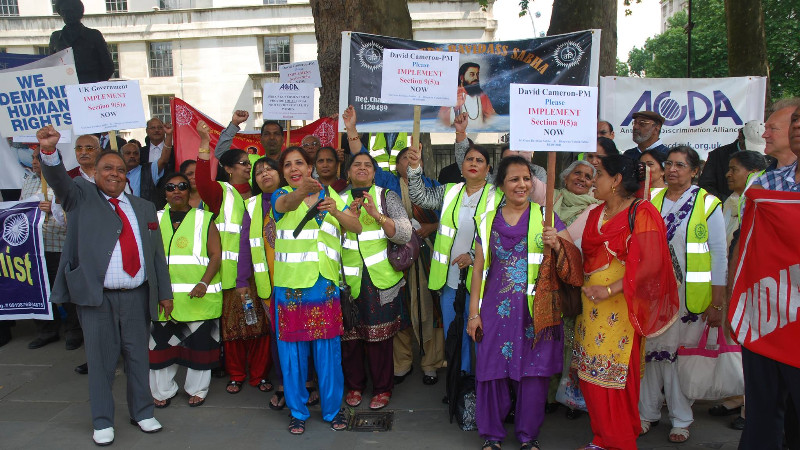
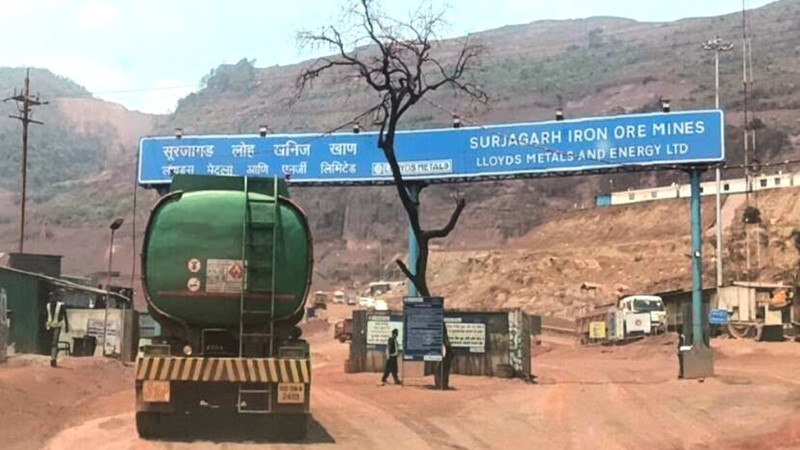





























Add Comment